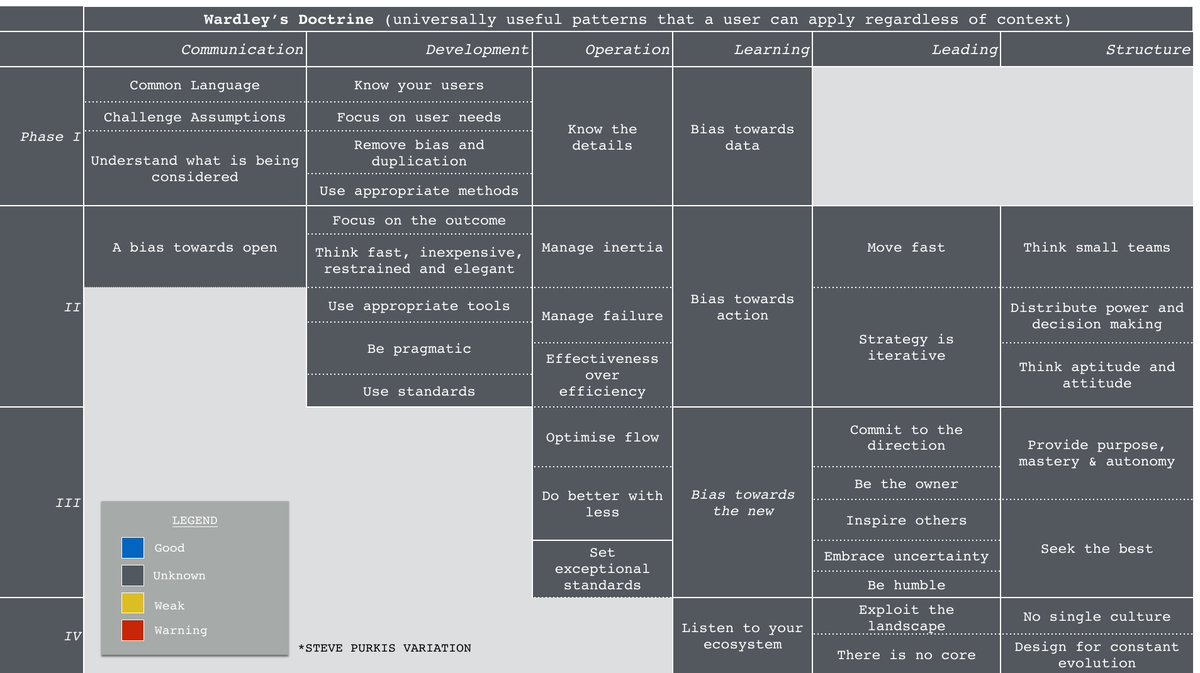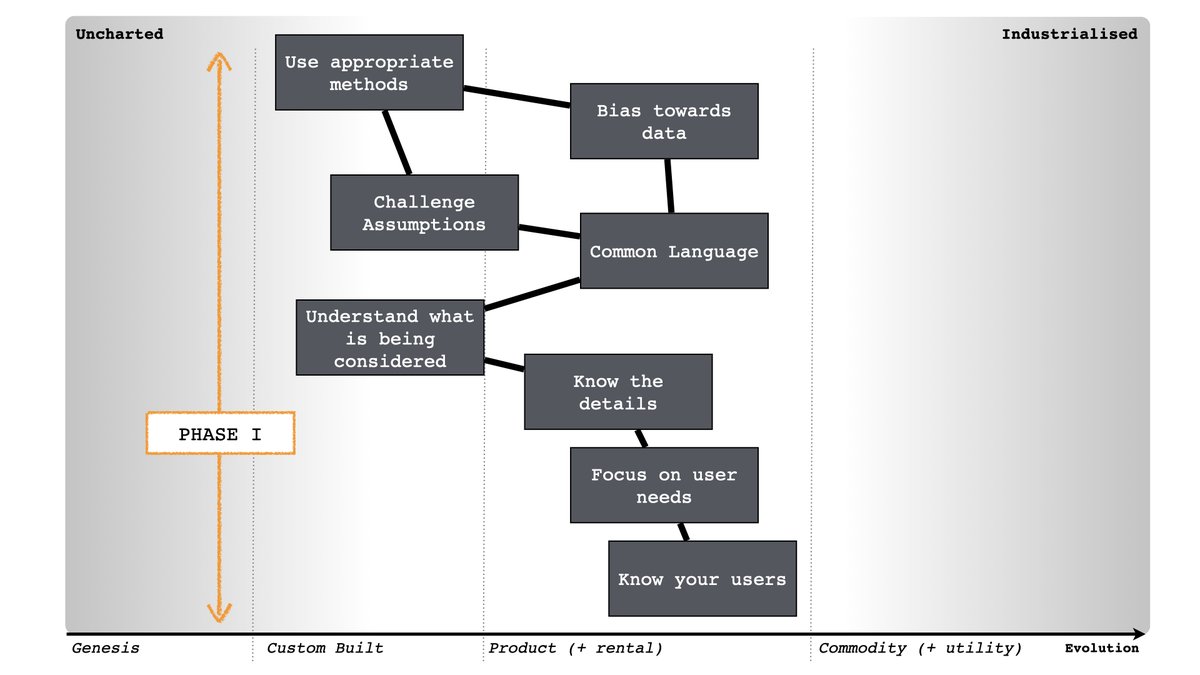
X : Thoughts on monitoring staff?
Me : Ok, monitoring of staff in order to improve performance is not unreasonable as long as ... you clearly tell people that you're doing this. They will discover otherwise and when that happens you have a breach of trust.
X : Ok, but ...
Me : Ok, monitoring of staff in order to improve performance is not unreasonable as long as ... you clearly tell people that you're doing this. They will discover otherwise and when that happens you have a breach of trust.
X : Ok, but ...
X : ... what if you suspect someone is behaving badly or you have a requirement to monitor.
Me : If you don't trust your staff to begin with then you have a huge problem. Again monitoring is fine, as long as you tell people.
Me : If you don't trust your staff to begin with then you have a huge problem. Again monitoring is fine, as long as you tell people.
Me : Try to avoid the desire to act like spooks, you're a commercial company, not secret service agents. Also remember that you're likely to face enhanced mobility which is a risk in itself.
X : Enhanced mobility?
X : Enhanced mobility?
Me : When the economy recovers and ... shock, shock ... we discover that the new practices that have emerged mean we're not just going back to how it was, people will realise they can change jobs without leaving the home, moving to a new area, putting the kids in new schools.
Me : Which means, if you're been caught out playing spook on your own staff ... you might find yourself quickly gutted of talent. And I mean quickly, in this new world people can change roles rapidly. A lot of the barriers to change are dismantling.
Me : Then there's gross misconduct,
X : ?
Me : If your company values integrity to which the behaviour you wish to create is trust (two way) then going spooky on your staff is a breach of trust and challenges that value of integrity.
X : Fire the manager?
Me : I would ...
X : ?
Me : If your company values integrity to which the behaviour you wish to create is trust (two way) then going spooky on your staff is a breach of trust and challenges that value of integrity.
X : Fire the manager?
Me : I would ...
Me : ... but you might want to consider using training. Just think carefully on whether that desire to monitor others in secret is something you really want in your organisation.
• • •
Missing some Tweet in this thread? You can try to
force a refresh







